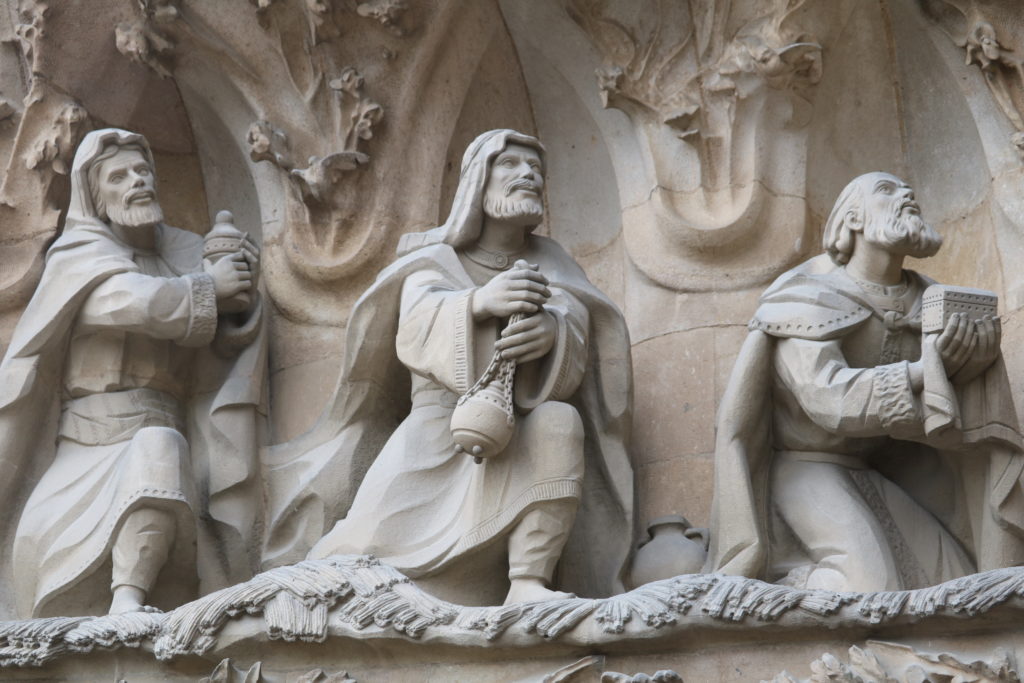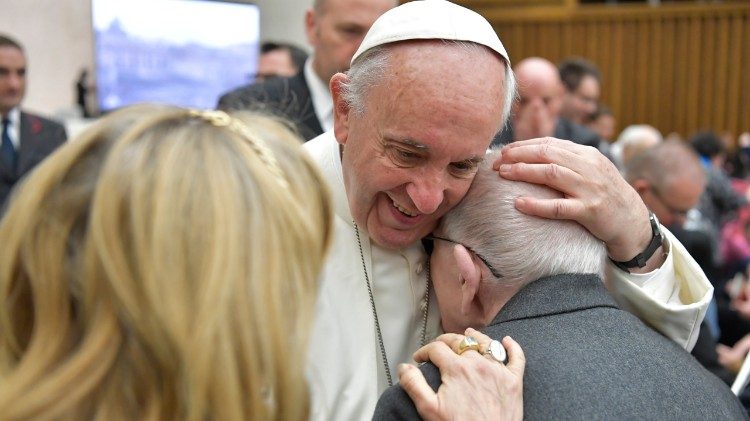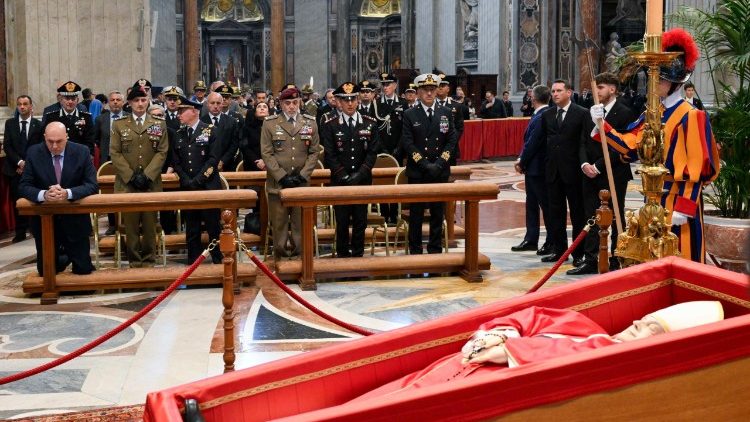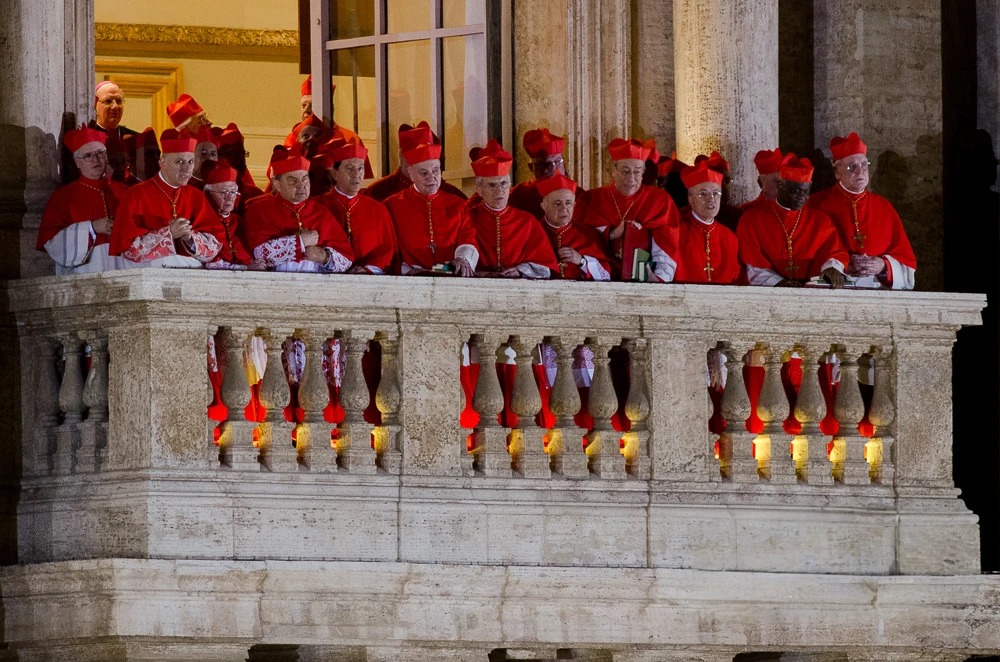Meaning and origin of the Epiphany (Wise Men)
Ideas to live it

Priest Alejandro Vázquez-Dodero offers this article on the origin of the Epiphany, Three Kings’ Day, and some ideas to live it better.
***
Meaning and origin of the festival. Three Kings Day
Etymologically “epiphany” means manifestation, and it is a religious event that for many cultures corresponds to apparitions or revelations in which those who correspond –prophets, doctors, shamans, etc.– interpret visions of events that go beyond this world.
But that term is also identified with a Christian festival in which Jesus becomes a man and appears on Earth, that is, he makes himself known, and he manifests himself.
Regarding its origins, the Epiphany is a very ancient celebration, instituted at the end of the 3rd century in the eastern churches, although it had been celebrated under that name long before by various pagan cults, such as the Greek and Alexandrian.
The Catholic Epiphany is recorded in the Gospel of Saint Matthew 2, 1-12:
“Jesus was born in Bethlehem of Judah in the time of Herod. Then some Magi from the East appeared in Jerusalem, asking: ‘Where is the king of the Jews who has been born?’ (…) Then Herod secretly called the Magi to tell him the time in which the star had appeared, and He sent them to Bethlehem telling them: ‘Go and find out carefully what there is about the Child, and when you find Him, tell me so that I too can go and worship Him.’ After hearing the king, they set out, and suddenly the star that they had seen rise began to guide them until it came to rest above where the Child was. Seeing the star, they rejoiced exceedingly with great joy. They entered the house, saw the Child with Mary, his mother, and falling on their knees they worshiped Him; Then, opening their chests, they offered him gifts: gold, frankincense and myrrh.”
According to tradition, Melchior, Gaspar and Balthasar, three wise men from the East who would represent Asia, Europe and Africa, appeared before the newborn Jesus and gave him gifts: gold, frankincense and myrrh. These gifts would symbolize majesty, sacredness and eternity in the face of death. According to that Catholic tradition, the mortal remains of those wise men or kings would rest in the cathedral of Cologne, Germany.
In certain countries, on January 6, gifts are given to children, in commemoration of those gifts that the wise men brought to Jesus.
Ideas to live the Epiphany
The wise men, upon arriving in Bethlehem, “fell on their knees and worshiped him.” Thus, a first lesson, frankly suggestive for that great day, is that attitude of adoration; something that, by the way, must be proposed, since it does not come spontaneously to us.
Before, they would look up, discovering the star that would guide them to the portal of Bethlehem. Do I know how to raise my eyes, look at the sky, as the first step to worship that God with whom the eyes of my soul, of my heart, will meet? To look up, even if I know it, I must first of all get rid of myself and my worries; or, rather, abandon myself to that Child, who is God! When I lift my eyes to the Lord, the problems do not disappear, but I know that He will give me the necessary strength – a product of His immense love for me – to face them.
On the other hand, as the evangelist relates, the wise men “set out,” that is, they chose to transform themselves, to move forward. They decided to change, but with an effort, because that path would be painful and tiring. They would do so convince that it would be for the good of their souls, and that this effort would bring purification to their hearts and honor that Child whom they were preparing to adore.
Furthermore, they would address that newborn with the humility of someone who knows that life is recognition of our weakness and the strength of that divine creature, confirmation of our selfishness, as well as the generosity and infinite love of the Savior.
Finally, the evangelist points out that the Kings “saw” the Child. But they saw beyond what they saw, transcending what they observed, because behind that little creature, or, rather, through her, they contemplated the invitation to a life of humble dedication, donation and, ultimately, authentic charity.
Let us give today our gift to the Child, the gift of our life, with the certainty that He will give us more, because He will give us His love in fullness, as He gave it in Bethlehem at birth and as He gives it every day by taking care of us from Heaven.
Related

The Family: A School of Love, Forgiveness, and Hope
Laetare
25 April, 2025
3 min

Pope Francis: Leadership That Transforms Through Service
Javier Ferrer García
25 April, 2025
4 min

The heart of the Church beats between mourning and hope
Exaudi Staff
24 April, 2025
2 min

What is a Conclave? The Process That Elects the New Pope
Exaudi Staff
24 April, 2025
7 min
 (EN)
(EN)
 (ES)
(ES)
 (IT)
(IT)

